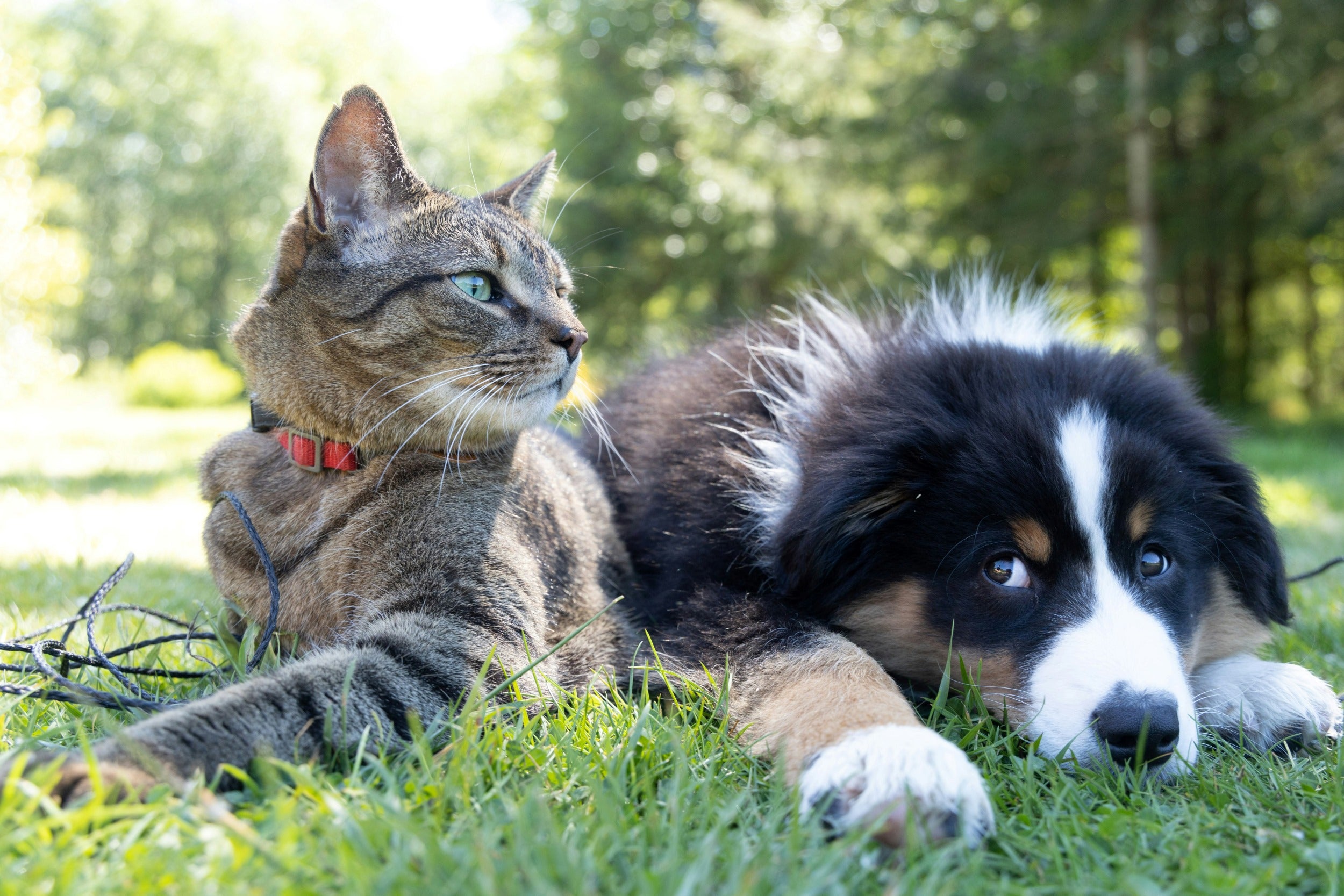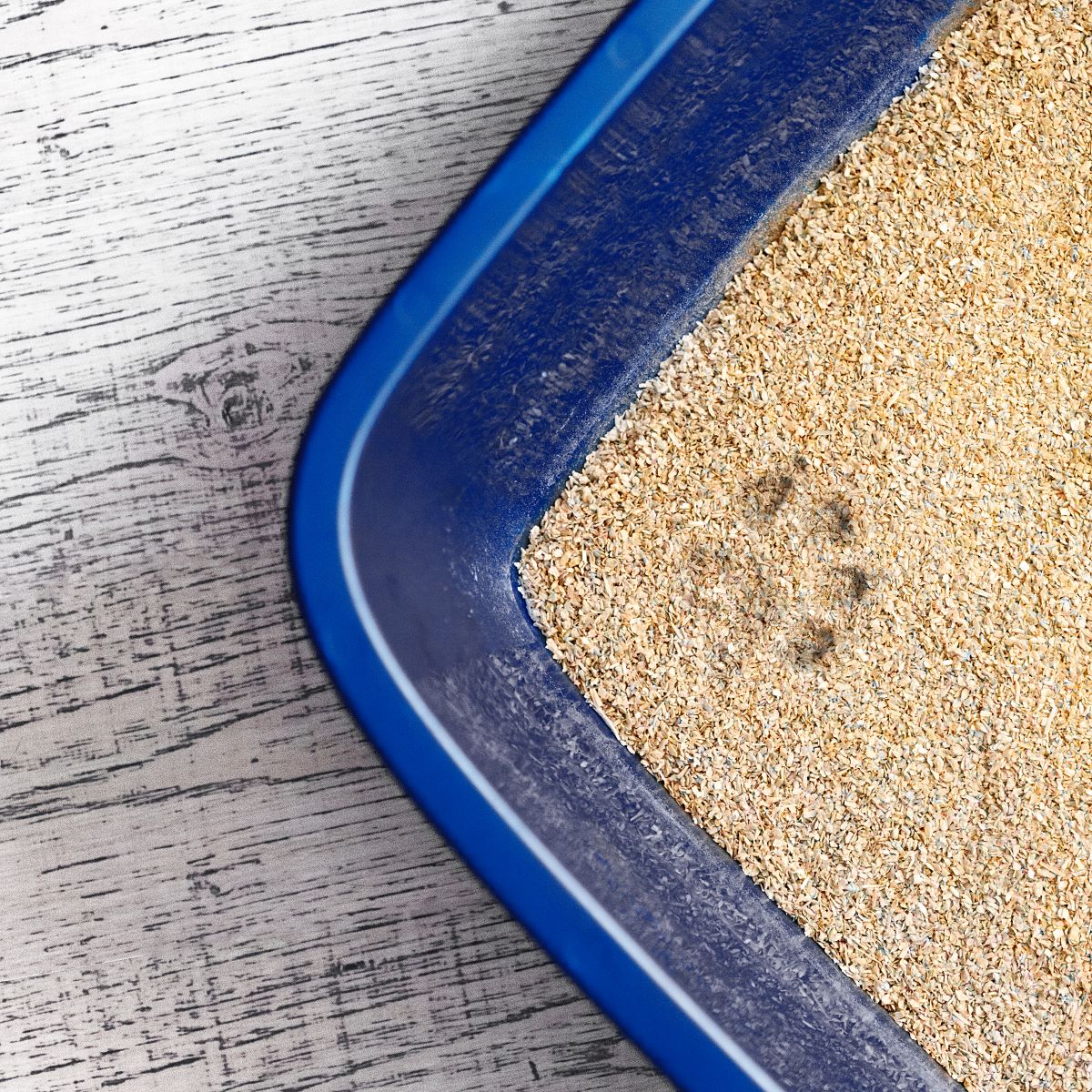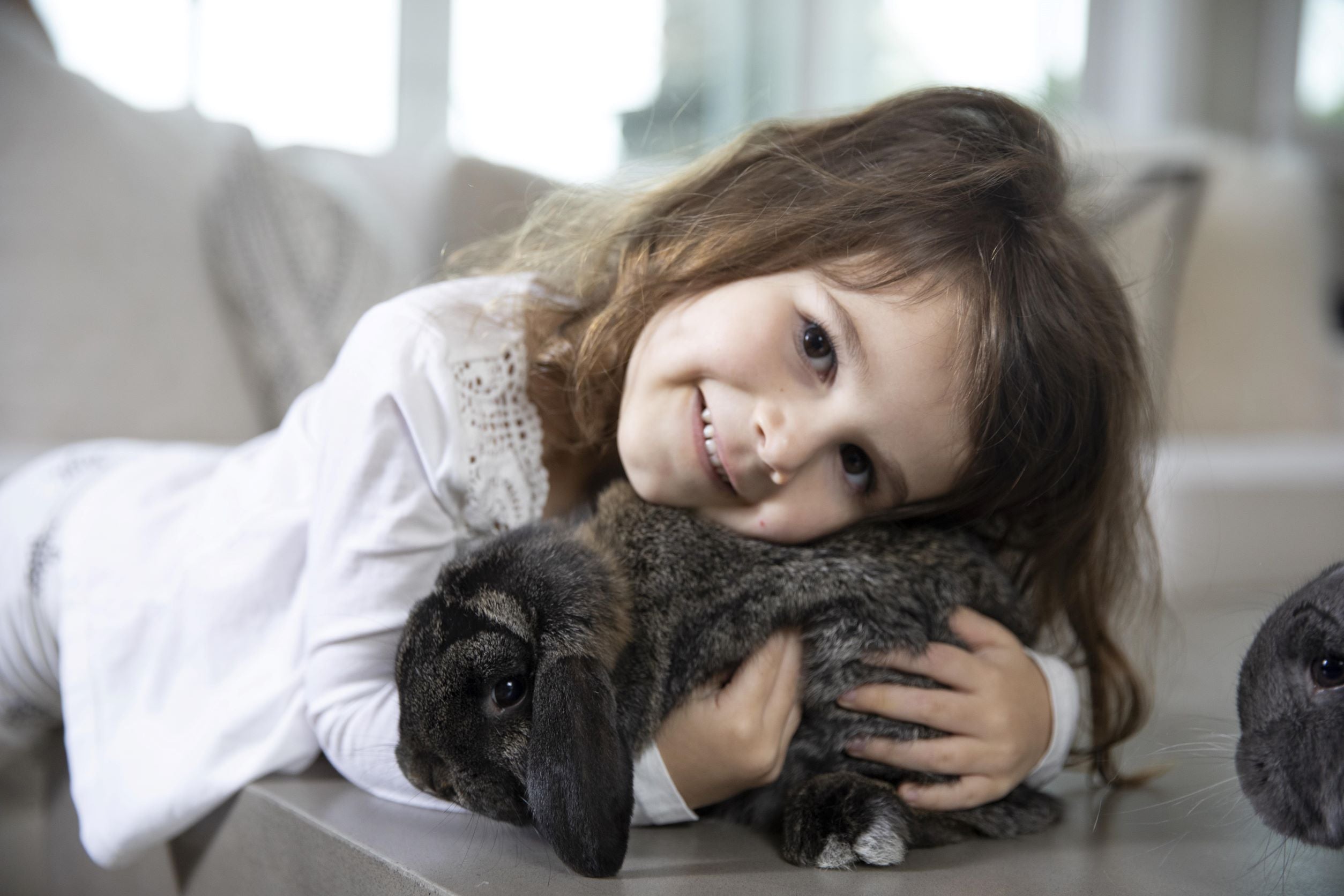
Caring for Multi-Pet Households - Tips for Keeping Everyone Healthy
Having multiple pets can bring immeasurable joy and companionship to your home. After all, each animal brings its own unique personality and energy, creating a lively - and loving! - environment. However, managing the health and well-being of multiple pets can also present challenges. From ensuring everyone gets along to meeting their individual health needs, there's a lot to consider.
Here are some practical and highly effective tips for keeping all your furry (or feathered, or scaly) friends healthy and happy!
Establish Individual Health Plans
Just like people, each pet has its own specific health requirements. Different species, breeds, and even individual pets within the same breed can have widely varying needs. It’s essential to establish individual health plans for each of your pets:
Regular Vet Visits
Schedule regular veterinary check-ups for each pet. These visits are crucial for monitoring their health, updating vaccinations, and addressing any concerns early. A veterinarian can also provide tailored advice for each pet based on their age, breed, and medical history.
Personalized Diets
A good diet is just as much of a cornerstone of health for animals as it is for people. Each pet may require a different type of food based on their age, size, and health conditions. For example, a senior dog might need a diet rich in joint-supporting nutrients, while a young, active cat might require high-protein food. Consult your vet to determine the best dietary plan for each pet.
Exercise and Mental Stimulation
Different pets have different exercise needs. Dogs need daily walks and playtime, while cats may benefit from interactive toys and climbing structures. It’s important to incorporate a variety of activities to keep all your pets physically active and mentally stimulated. This not only prevents obesity but also curbs behavioral issues stemming from boredom.
Maintain a Clean and Safe Environment
A clean home is vital for the health of all your pets. Multiple pets mean more fur, dander, and potential for messes, so maintaining cleanliness can be a bit more challenging but is absolutely necessary.
Regular Cleaning Routine
Develop a consistent cleaning schedule. Vacuum frequently to control pet hair and dander, and clean litter boxes, habitats, and any pet-specific areas regularly. This helps prevent the spread of germs and parasites, keeping your pets healthier.
Safe Spaces
Ensure each pet has a safe, comfortable space they can retreat to. This is especially important in multi-pet households to reduce stress and avoid conflicts. Cats often appreciate vertical spaces like shelves or cat trees, while dogs might prefer cozy beds in quiet corners.
Manage Interactions and Prevent Conflicts
In a multi-pet household, it's crucial to manage interactions to ensure all pets get along and avoid any potential conflicts.
Gradual Introductions
When bringing a new pet into the home, introduce them gradually to your existing pets. Start with short, supervised interactions and increase the time together as they become more comfortable. This can prevent territorial disputes and reduce stress for all pets involved.
Monitor Behavior
Keep an eye on your pets' behavior and body language. Look for signs of stress or aggression, such as growling, hissing, or hiding. If conflicts arise, intervene calmly and separate the pets until they can interact peacefully again.
Provide Equal Attention
Each pet needs individual attention and affection. Spend quality time with each one, engaging in activities they enjoy. This can help prevent jealousy and ensure that all your pets feel loved and secure.
Health Monitoring and Emergency Preparedness
Regular health monitoring and being prepared for emergencies are crucial components of managing a multi-pet household.
Health Monitoring
Keep track of each pet’s health by noting any changes in behavior, eating habits, or physical condition. Early detection of issues can lead to more effective treatments. Consider keeping a health journal for each pet to document these observations and share them with your vet during check-ups.
Emergency Preparedness
Accidents and sudden illnesses can happen, so it’s important to be prepared. Familiarize yourself with the signs of common pet health emergencies. For instance, if a pet is experiencing severe lethargy, vomiting, or difficulty breathing, these are signs that require immediate attention.
Having access to a reliable urgent care service, such as FurDunkin, can be a lifesaver. FurDunkin offers urgent care services for pets, ensuring that your furry friends receive prompt and professional medical attention when they need it most.
Holistic Health Practices
In addition to conventional veterinary care, consider incorporating holistic health practices to support your pets' overall well-being.
Natural Remedies
Explore natural remedies for common issues, such as using chamomile tea to soothe minor skin irritations or ginger to alleviate mild stomach upset. Always consult your vet before introducing any new remedies to ensure they are safe for your pets.
Stress Reduction
Stress can significantly impact your pets' health. Create a calm environment with plenty of enrichment activities. Using calming aids, such as pheromone diffusers or natural supplements, can also help reduce anxiety in pets.
Balanced Lifestyle
A balanced lifestyle, including proper diet, exercise, and mental stimulation, is essential for all pets. Ensure they have a routine that meets their needs and promotes overall health and happiness.
Managing Different Life Stages
Pets of different ages require different care. Here’s how to manage the varying needs of young, adult, and senior pets in a multi-pet household.
Puppies and Kittens
Young pets are full of energy and curiosity. They need frequent meals, lots of playtime, and socialization. Puppy-proof or kitten-proof your home to keep them safe and provide toys and activities that challenge their developing minds and bodies.
Adult Pets
Adult pets typically have established routines and are easier to care for than young ones. Continue providing regular exercise, balanced nutrition, and routine vet visits to maintain their health.
Senior Pets
Senior pets require special attention. They may have mobility issues, dietary restrictions, or chronic health conditions. Make their environment comfortable by providing orthopedic beds, ramps, and easy access to food and water. Regular vet check-ups become even more critical as pets age.
Special Considerations for Different Species
If your multi-pet household includes different species, such as dogs, cats, birds, or small mammals, there are additional considerations to keep in mind.
Dogs and Cats
Dogs and cats can coexist peacefully with proper introductions and management. Ensure each has their own space, and supervise their interactions until you are confident they can be trusted together.
Birds and Small Mammals
Birds and small mammals, like hamsters or guinea pigs, need secure habitats to keep them safe from larger pets. Place their enclosures in quiet areas where they can observe the household without feeling threatened. Supervise any interactions closely to prevent accidents.
Coda
Caring for a multi-pet household requires organization, attention, and a lot of love. By establishing individual health plans, maintaining a clean and safe environment, managing interactions, and being prepared for emergencies, you can ensure that all your pets thrive.
Research holistic health practices and adapt to the different life stages and species-specific needs of your pets. With these tips, you can create a harmonious, healthy home where every pet feels valued and cared for.
Remember, the joy of having multiple pets is matched by the responsibility of keeping them healthy. With thoughtful care and a bit of planning, your multi-pet household can be a happy and vibrant place for everyone.








 email us
email us